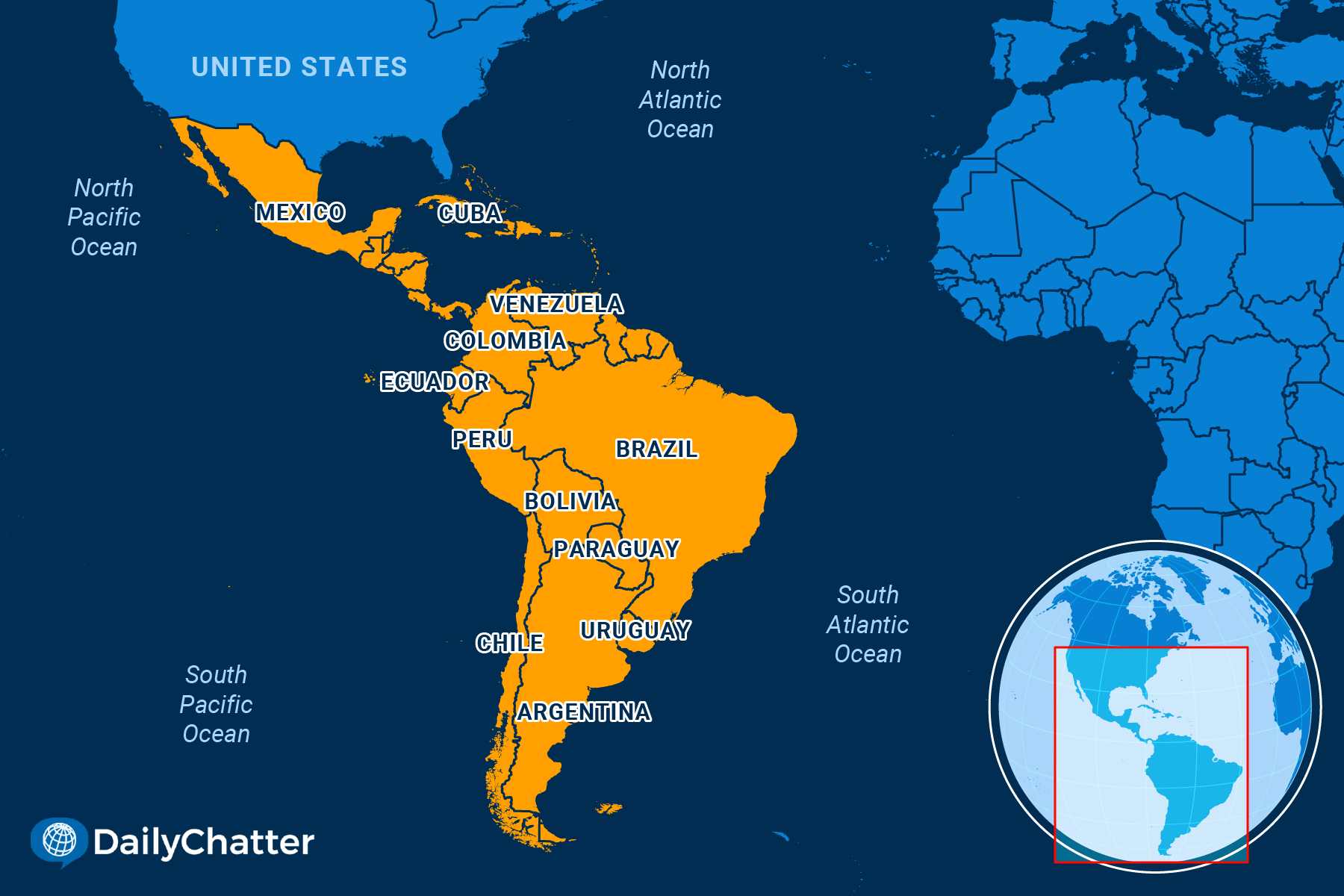The World Briefly
June 13, 2022Bowing In
Latin America

|
Listen to Today's Edition
|
The United States, Canada and a number of Latin American nations signed a migration agreement this week that would mark a shift in the approach countries take to refugees and migrants following a weeklong regional summit that was boycotted by a number of key countries, the Wall Street Journal reported.
Leaders of 20 nations reached the deal on the final day of the Summit of the Americas in Los Angeles, a gathering among Western Hemisphere leaders to foster stronger ties and address regional issues, including the economy, climate and migration.
Formally known as the “Los Angeles Declaration on Migration and Protection,” the non-binding agreement will require Western Hemisphere countries to accept migrants either temporarily or permanently to help share the burden. It calls on countries to build their own asylum systems, step up border enforcement and offer pathways for migrants to live legally.
The deal comes at a time of unprecedented migration and displacement across the Western Hemisphere, with people fleeing brutal dictatorships, violence and extreme poverty across Central America and especially Venezuela, Cuba, and Haiti.
Analysts said its implementation would require long-term coordination in a region that has become increasingly fragmented. Still, they added that it would serve as the basis for bilateral migration deals the Biden administration hopes to sign with more countries across the region.
Observers posited that the pact was the most significant outcome of a summit that was overshadowed by boycotts from important members, Axios wrote.
For example, Mexican President Andrés Manuel López Obrador and fellow leftist leaders from Bolivia and Honduras refused to attend the summit after the authoritarian-led states of Cuba, Nicaragua and Venezuela were not invited. Meanwhile, Guatemala and El Salvador skipped the meeting amid disputes with the Biden administration over corruption and human rights violations.
The boycott has been seen as an overt challenge to the US, which is considered the hegemon in the region. South American politics have also seen a shift to the left, with some leaders condemning “neoliberalism” – a byword for US ideological influence in the region, the newspaper wrote.
While there are a number of leaders who want deeper relations with Washington, not everyone feels they are getting it and are looking elsewhere – including China.
Not already a subscriber?
If you would like to receive DailyChatter directly to your inbox each morning, subscribe below with a free two-week trial.
Support journalism that’s independent, non-partisan, and fair.
If you are a student or faculty with a valid school email, you can sign up for a FREE student subscription or faculty subscription.
Questions? Write to us at hello@dailychatter.com.

